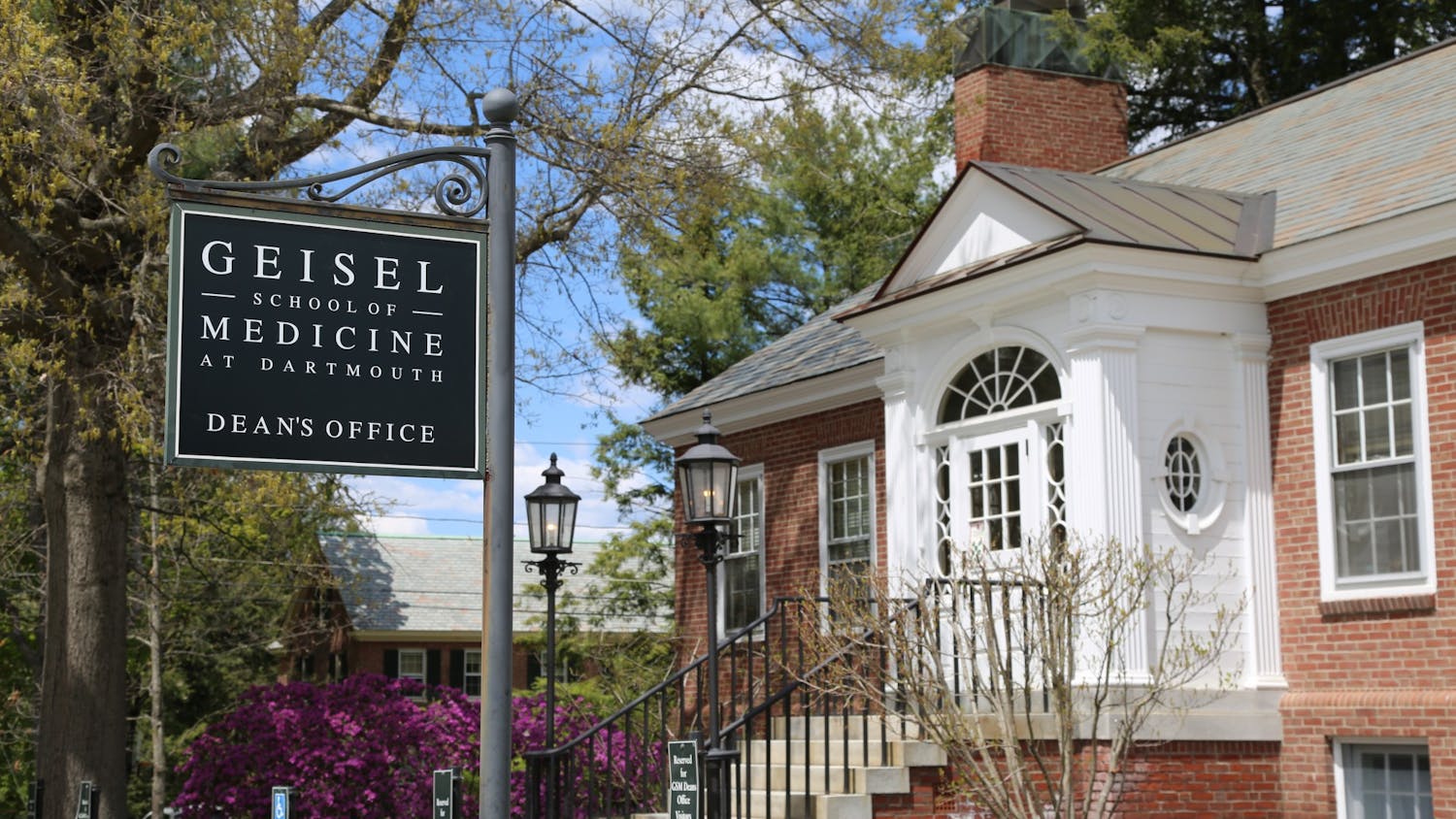The Geisel School of Medicine made national headlines last Sunday when the New York Times reported on the medical school’s cheating allegations against seventeen of its students. The Dartmouth has followed up with our own reporting today, shedding light on the worrying conditions at the north end of campus.
After a difficult year of Zoom classes and amid unprecedented circumstances, Geisel decided to crack down on what it perceived as widespread academic dishonesty. But the medical school’s mistreatment of accused students, as evidenced by its failure to rely on sound evidence and refusal to offer accused students a fair judicial process, spotlights the dishonesty of only one actor: Geisel itself. In the fallout of a scandal that has sown deep mistrust within the graduate school’s community, Geisel’s administration must act swiftly to offer all accused students a fair appeals process, as well as do the forensic work necessary to understand the misconduct it is alleging.
As it stands, the evidence against the seventeen accused Geisel students is murky at best. In its judicial process against these students, Geisel’s Committee on Student Performance and Conduct based its case on data from the course management website Canvas, using the application as an activity tracker to — without students’ knowledge — dig up alleged instances of cheating on online exams going back as far as September 2020. This methodology, as it turns out, proved to be fundamentally flawed. Canvas’s own documentation states explicitly that data in its logs are meant for “analysis in the aggregate, not in isolation for auditing or other high-stakes analysis involving examining single users or small samples.” Additionally, in a recent review of Canvas’s software code, the New York Times found that the program sometimes generated activity data even when a device was not in use. In an internal email, Geisel administrators have themselves acknowledged that, in the case of at least one accused student, “automated Canvas processes” rather than “deliberate activity by the user” created the data on which the school based its initial allegation. In response to Geisel’s sanctions against the students, independent technology experts have called on the school to rescind disciplinary actions taken, arguing that Geisel has “likely turned false positives into accusations of academic misconduct.”
Unfortunately, despite the reliability of Canvas data in obvious doubt, accused students have been afforded virtually no platform during judicial proceedings to bring up any of these concerns with administrators. Reportedly, students were given only 48 hours to respond to the charges, were not provided all of the data logs for the exams and had just two minutes to make their case at their hearings. Some were even pressured into confessions by administrators who told them that cooperating would result in a lesser punishment. This is not a fair judicial process; this is a miscarriage of justice.
Professors have recently joined in on refuting some of the cheating allegations. On April 21, more than two dozen faculty members signed a letter to the Geisel administration expressing concern over the school’s handling of the cheating inquiry and the atmosphere it had created on campus. Additionally, in one of the seventeen cheating cases, a professor informed CSPC that the Canvas pages used as evidence did not include any information relating to the exam questions that the student was accused of cheating on. The student still must file an appeal.
Predictably, this series of events has greatly eroded trust between Geisel students, the medical school’s administration and its faculty. If it hopes to salvage any of the trust still recoverable at this point, Geisel’s administration must commit itself to making its recent surveillance practices and recorded data transparent to students. But transparency around this particular case alone won’t be enough to restore the broken relationship: Moving forward, Geisel’s administration must also look critically at overhauling its digital surveillance practices and judicial processes. While reasonable safeguards around online examinations help to protect academic integrity, overbearing and intrusive online surveillance of the nature Geisel has engaged in — including a “dragnet” retroactive analysis of students’ Canvas log data for the full 2020-2021 academic year — must end. Last fall, this paper’s Editorial Board argued for more transparent College guidelines on protecting student data collected through Dartmouth-administered platforms — data that includes all cloud recordings made on Dartmouth’s network, information on class participation and other data viewable through Canvas’s analytics dashboard. In the wake of the allegations at Geisel, it’s high time that the medical school takes a hard look at its own practices.
It is not yet too late for Geisel to allow students a fair appeals process. Steps that Geisel can take to ensure a fair process include, but are not limited to, committing to full transparency around the data being used to prove students’ wrongdoing, offering students enough time both to prepare and present a defense and providing students with an advocate to help guide them through the judicial process. As it stands, of the seventeen accused students, seven have had their cases dismissed, three have been expelled, and at least three have been suspended. After a fair and thorough judicial process — one that affords the accused their basic rights and includes a presumption of innocence — all or none of these students may ultimately end up being found guilty. But until they are given a fair chance to appeal the accusations and share their side of the story, justice will not have been done.
The editorial board consists of opinion staff columnists, the opinion editors, the executive editors and the editor-in-chief.



